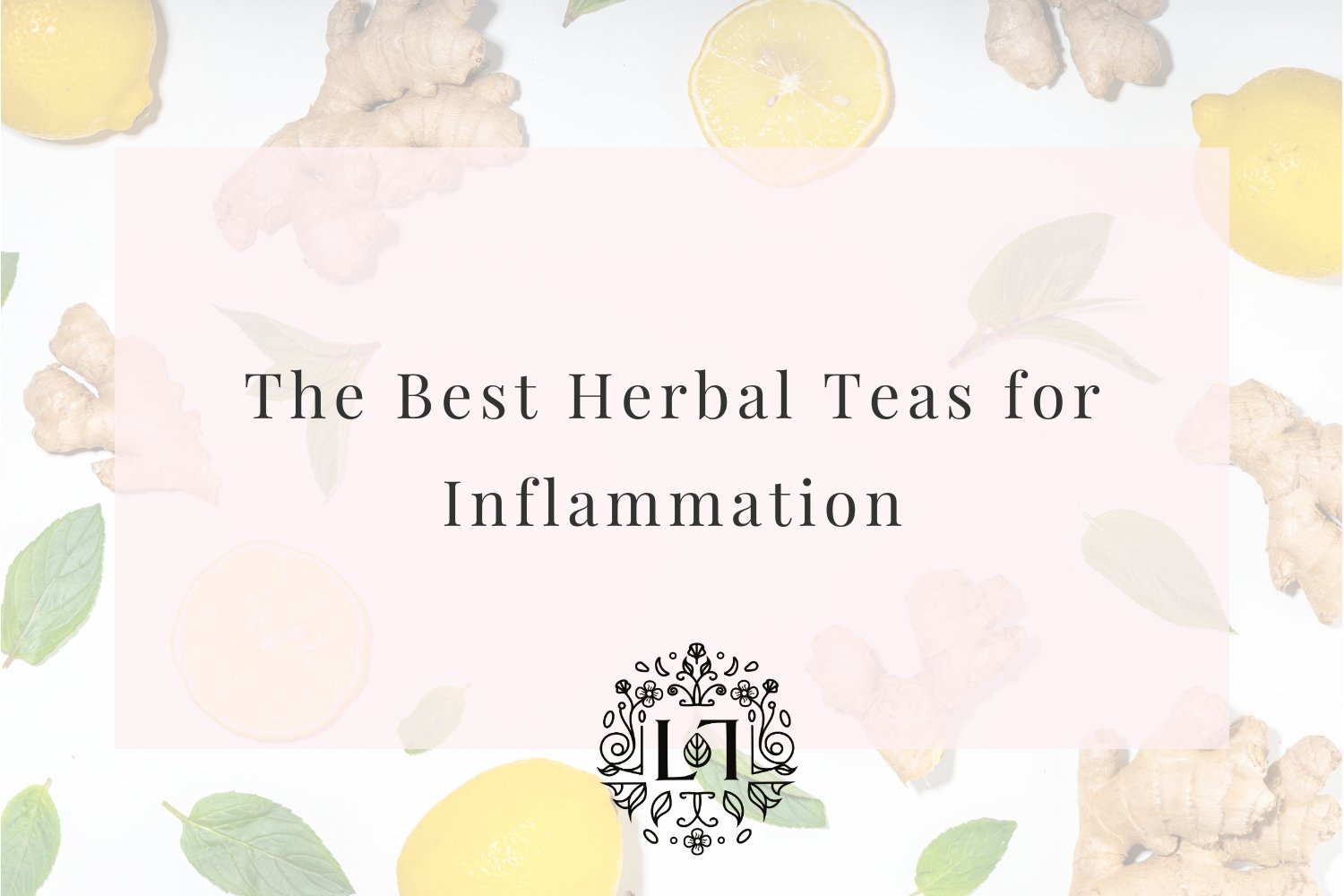Inflammation is a common issue that many people face, whether it's due to chronic conditions, injuries, or simply the wear and tear of daily life. One natural way to combat inflammation is through the consumption of herbal teas. In this blog post, we'll explore the best types of herbal teas for reducing inflammation, provide references and sources for the information, and highlight some of the top teas from Leaves of Leisure that are particularly effective.
Types of Herbal Teas for Inflammation
Several types of herbal teas are known for their anti-inflammatory properties. Here are some of the most effective ones:
- Turmeric Tea: Turmeric contains curcumin, a powerful anti-inflammatory compound. Drinking turmeric tea can help reduce inflammation and alleviate symptoms of arthritis and other inflammatory conditions.
- Ginger Tea: Ginger is well-known for its anti-inflammatory and antioxidant properties. It can help reduce inflammation in the body, making it a great choice for those suffering from chronic pain or digestive issues.
- Green Tea: Rich in antioxidants, green tea has been shown to reduce inflammation and improve overall health. It contains catechins, which are natural antioxidants that help prevent cell damage and reduce inflammation.
- Chamomile Tea: Chamomile has been used for centuries to treat inflammation, particularly in the digestive system. It also helps to relax the body and reduce stress, which can further help to alleviate inflammation.
- Peppermint Tea: Peppermint has anti-inflammatory and muscle-relaxant properties, making it an excellent choice for those dealing with digestive issues and muscle pain.
Incorporating herbal teas into your daily routine can be a simple yet effective way to manage inflammation. Turmeric, ginger, green tea, chamomile, and peppermint are some of the best options available. Leaves of Leisure offers high-quality blends that harness the power of these herbs to help you feel your best. Always remember to consult with a healthcare professional before starting any new health regimen, especially if you have existing health conditions or are on medication.
By understanding the benefits of these teas and choosing the right blends, you can take a natural step towards reducing inflammation and improving your overall well-being.
References and Sources
For more detailed information on the anti-inflammatory properties of these teas, you can refer to the following sources:
- "The Anti-Inflammatory Diet & Action Plans" by Dorothy Calimeris and Sondi Bruner
- "Herbal Medicine: Biomolecular and Clinical Aspects" published by CRC Press
- Articles from the Journal of Medicinal Food and the Journal of Ethnopharmacology






